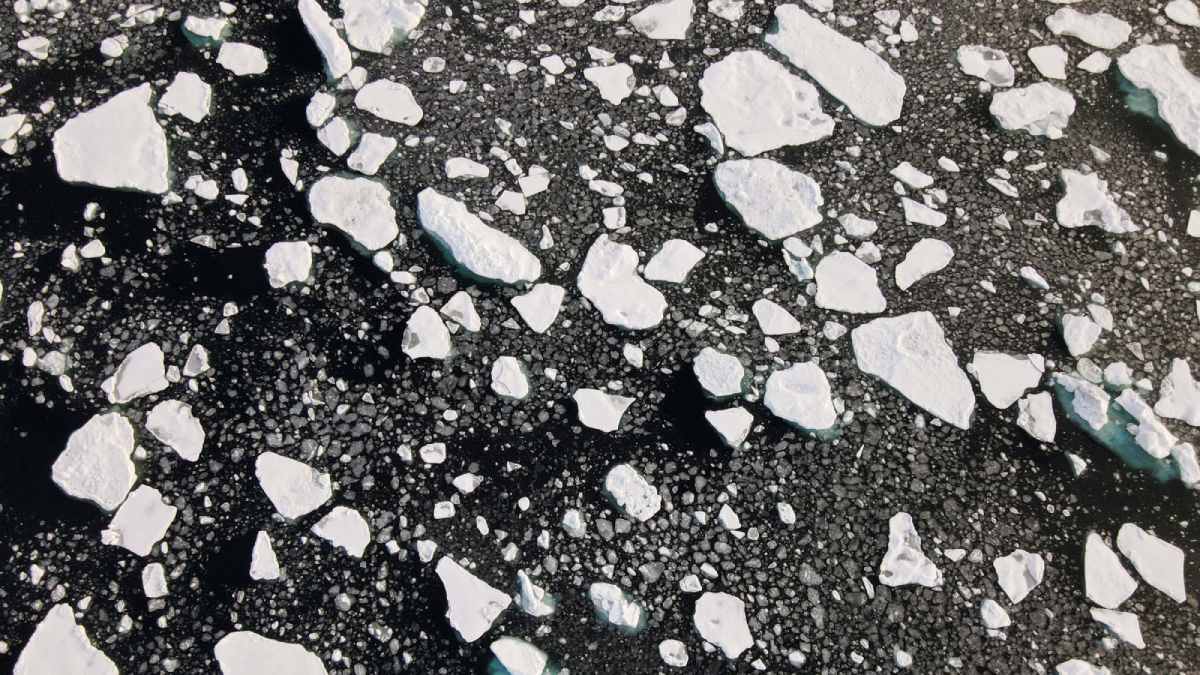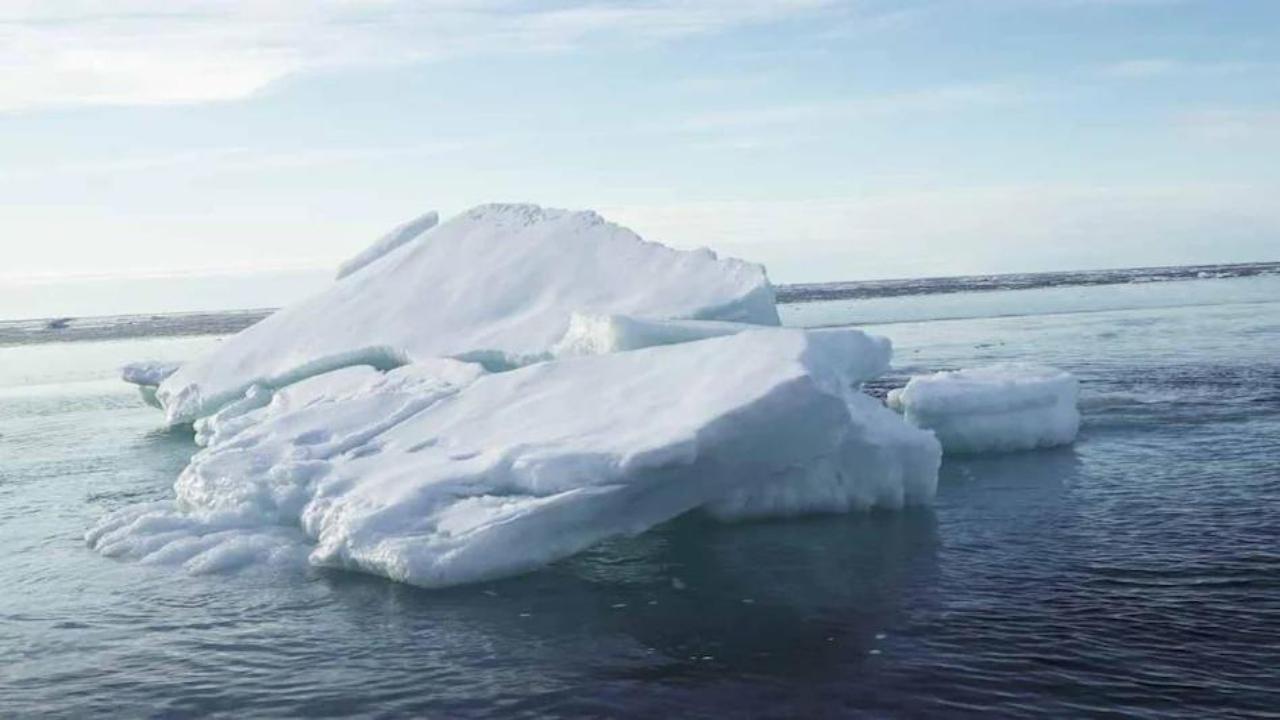Due to climate change, those areas of the world, always covered with snow, are melting. According to a recently published report, summer Arctic sea ice will disappear by 2050.
According to a report by the International Cryosphere Climate Initiative Research Network, it rained in East Antarctica in March this year because the air temperature was hot. During the summer, the Alps lost 5% of the ice cover. In September, Greenland set a new record for melting at that time of year.

After observing eight of Earth’s warmest years, there is evidence that the world’s icy regions are melting rapidly. This rate is much higher than what scientists had expected to melt them. The new report’s authors focused on a ‘terminal diagnosis’ for ice that forms and floats over the Arctic Ocean each summer.
Robbie Mallett, a sea ice researcher at University College London and co-author of the research, says that just as there is no reliable way to keep warming to 1.5 ° C, there is no reliable way to escape the heat without ice. There is no way.
The report was released along with the start of the UN climate summit. The summit will continue till November 18 in Sharm el-Sheikh, Egypt. On Monday evening, Arctic campaigners and youth living in the area held a media event to draw attention to sea ice loss.
Mallet says that we have started seeing something that cannot be saved. But the COP27 talks will prove very important to save the summer sea ice.
Climate change is rapidly melting away the world’s frozen regions, with summertime Arctic sea ice sure to vanish by 2050, according to a report published on Monday. https://t.co/S1NsD8WTUd
— Reuters Science News (@ReutersScience) November 7, 2022
Last year, the UN Intergovernmental Panel on Climate Change said that summer sea ice would disappear even if warming were 1.6 degrees above the pre-industrial average. How the world is going, warming will reach 2.8 degrees by 2100.
If the sea ice ends in summer, there will be no multiyear sea ice. This is the sea ice that remains in the sea from year to year. Mallet says it will have a profound impact on that region. Millions of lives will be affected there, which is facing increasing erosion.
Scientists say that in this decade, the world should halve carbon-dioxide emissions from 2005 levels and reach zero by 2050, to stop the effects of climate change. But even if this is achieved, the world’s ice-covered regions will begin to stabilize between 2040 and 2080. The melting of glaciers will continue for more than a century while slowing down by 2200.











